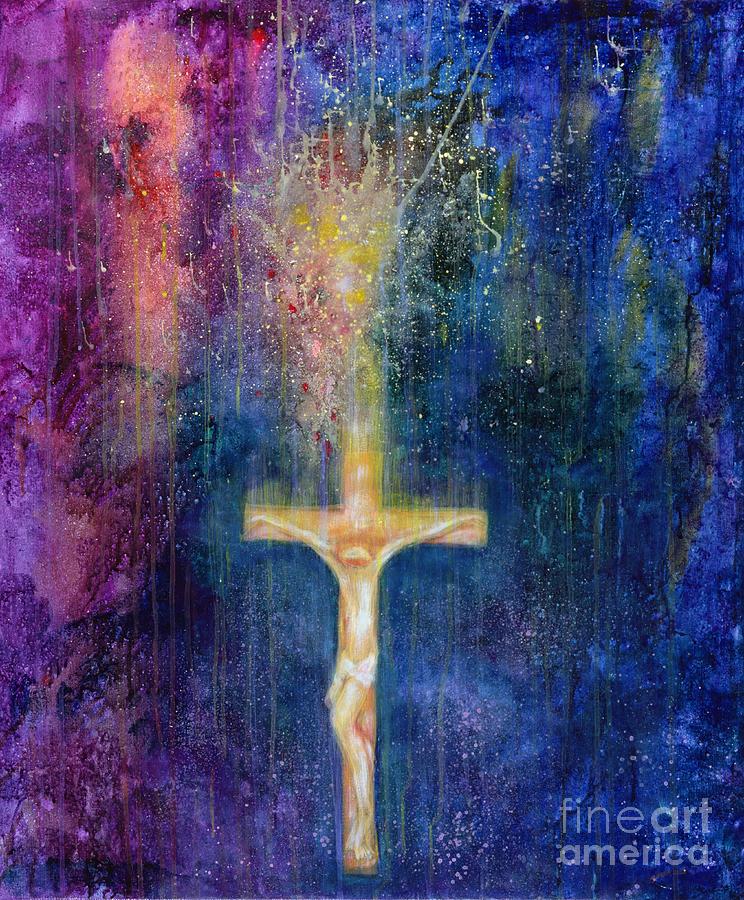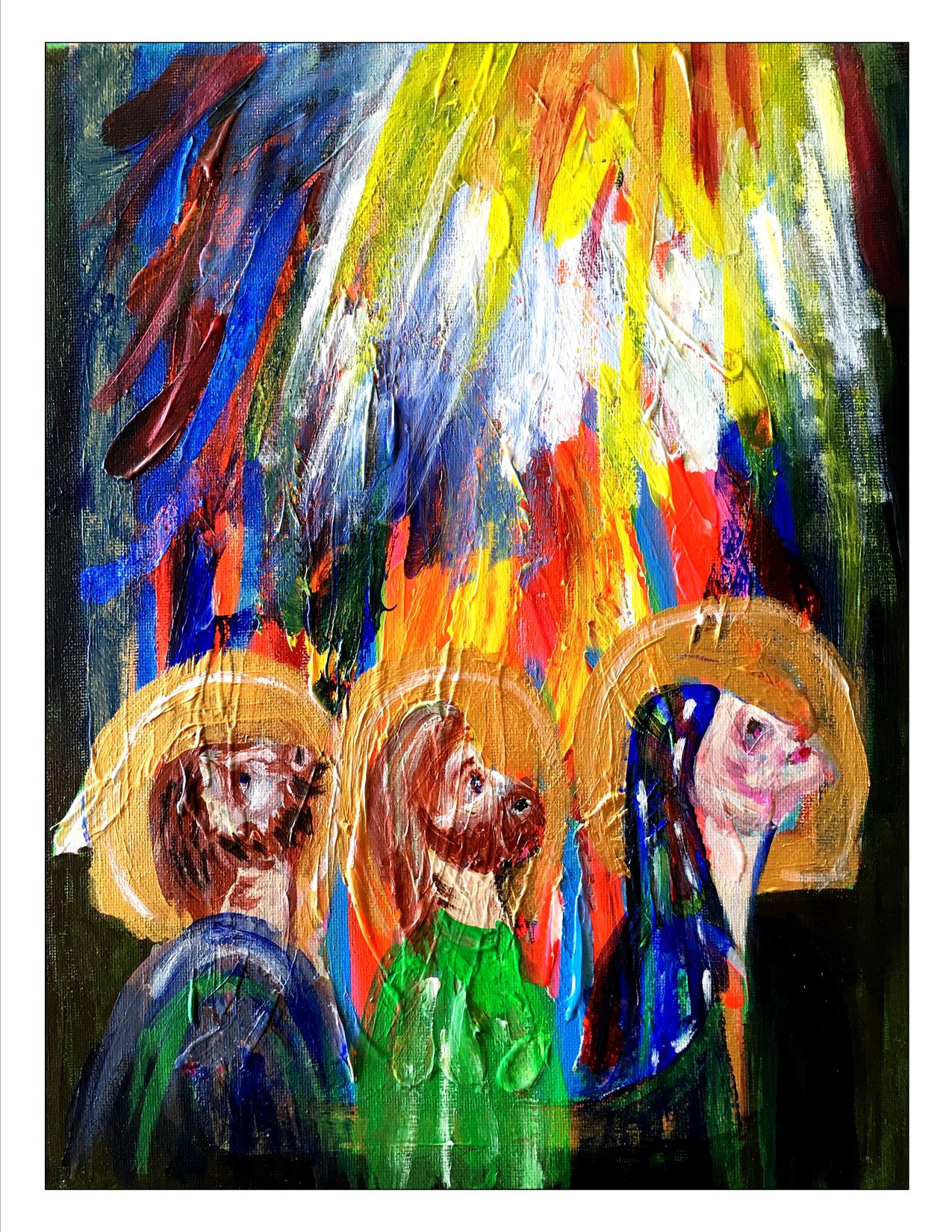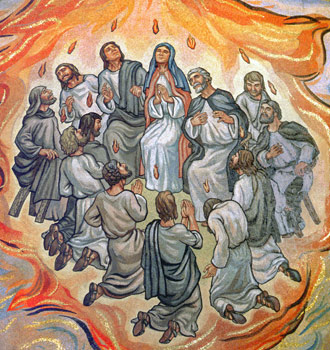Sunday, 3rd March - Lent 3: Exodus 20:1-17, 1 Corinthians 1:18-25 and John 2:13-22
At the Brits last night, Raye made history by winning six awards. Her love of music drove her to be an artist - her beginnings in a Christian home where her father placed her hands on piano keys.
She’s not unusual in finding that the course of life took her away from church, but now she hosts hymns services at home with friends. After thanking her producer, she thanked her grandmother for her prayers.
Elsewhere she’s talked about how grateful she is for her own faith - how it’s pulled her out of what she calls a ‘really dark place’: coping with trauma, addiction and pressure. It’s a reality she acknowledges in her song “Hard out here”. She said: there was ‘a moment where I really found God, in the time that I really needed it and it saved my life… I really owe my life to faith, it’s kept me going and it’s kept me okay, it’s given me strength’.
In our first reading today, we hear the words of the ten commandments which frame life in relation to God: words which emerged after a time of crisis, after a period of slavery and migration. In our Lent book Tarry Awhile Selina Stone talks about the place of movement in our journey of faith.
For God’s people there were times of temptation and frustration in the wilderness; times when stability seemed a distant hope. These instructions or guidance on living well emerged at a time when the community was beginning to take on a more settled form. Having owed their life to their faith, what did they now need to keep them going - to keep them ok?
The Greyhound might be the only pub in North London - if not in the city - with the text of the ten commandments on wooden panels on the wall.
Today we have the opportunity to hear them afresh not as something life-limiting, but as something life-giving. In the midst of the challenges of our own lives, how do these words help us use this gift of freedom - of healing and salvation?
The commandments speak about God and human relationships and, in the middle, the need for rest.
They invite a certain kind of self-awareness - taking seriously our embodied existence. They ask us to consider how attending to the pulse of divine love might help us live wisely.
Perhaps obedience to the commandments is one of those things which, as Rowan Williams puts it, ‘is about learning how to live in heaven by learning how to live on earth, in the body, in the moment.’
‘Learning how to live in heaven by learning how to live on earth’ might include naming what it is to be human: where are the challenges, the risk of harm, the things that overwhelm us or niggle away at us or our relationships?
It also has to do with how we live well with freedom and desire: not just for ourselves, but for our neighbours. There is something profoundly practical about the commandments - honouring life in various ways, setting aside the idols we create of wealth or status, looking at our relationship with work and time.
The command to rest lies at the heart of this list of guidance: it echoes the rhythm of creation - goodness poured forth, life, breath and love taking shape, and then God rested. We are invited to hold onto that space as something holy, special, consecrated, set apart and blessed.
As God’s people moved from slavery, migration to the settled state of a home, they could find rest. However, we know how easy it is for us as human beings to have an uncritical or unhealthy relationship with the opposite of rest: our work.
If we are tired, overworked and stressed we risk burning out and our relationship to activity and to rest become dysfunctional: holding onto the hope of a lie in or time away; becoming ill the moment we stop; or missing those moments to delight in life as it happens around us.
To think of the balance between work and rest looks shifts across our lives: the pressures of work and parenting, the domestic labour we juggle and long hours or multiple jobs; our self-worth impacted by seasons of illness where we are unable to work, or times when we are unable to find the work we’d love to or need to do; the years of retirement which itself might have seasons of being occupied with volunteering, family, service and the things which bring pleasure.
In all this rest might elude us - sleeplessness, worry or loneliness. Rest might elude us as we strive for the things that command our attention which become idols: from wealth and possessions, to social media and status.
The problem with idols is that not only do they demand our focus but they can also demand a high price in terms of well-being, addiction, envy and dissatisfaction. All of which negatively impacts on our relationships - and displaces that first call to love God, to know ourselves as beloved by God, and to allow that love to shape how we live.
The purpose of the commandments was to create and support a community: helping us to learn to live well, on earth, in our bodies. They still have a relevance - challenging us when we stop honouring each other in our primary households, parent and child, partner and friend; inviting us to be faithful in work, rest and relationships; reminding us that there is more to life than exchange and consumption. Inviting us to shape our lives around a pulse of love.
When Rowan talks about learning to live in the body, in the moment he is inviting us to see faith as a deeply natural rhythm - it’s not just about our minds, but our whole reality. If the commandments point out some of the pitfalls in life, imagination and relationship, he points reminds us that ‘this is the sort of challenge and transformation that trust in Christ is likely to open up for you, and this is how you can guard against losing the plot’ - or being consumed by the dark places as Raye puts it.
In today’s gospel we witness Jesus inviting us to honour holy places - as places of sanctuary and inspiration, as places holding us safely as we share the depths of our loves, hopes and faith. But he goes beyond that in pointing to his body as the palace where God chooses to dwell - God’s goodness in the flesh.
That body would live and die and rise again: with the unstoppable power of God’s love and breath. It’s a way of seeing bodies as sites of the sacred - in need of rest and honour, because they are loved by God. If that is true of our bodies, what of the bodies around us. If we value our bodies as places where God’s grace and delight are made known, then we are called to value the bodies of those who’re exploited, suffering, addicted, lonely.
Jesus moves in a few verses from concern to compassion, anger to action when he sees the loving commandments of a loving God being broken: he reveals the power of love to act and to deepen relationships - with compassion and justice.
Paul reminds the Corinthians that the message of the cross - the place where God’s goodness and love in Christ goes to the depths of human pain, darkness and alienation - is power rather than foolishness, strength not weakness. His death carries the weight of our restlessness and disobedience and allows us to find peace and renews our obedience in love.
Sometimes we see power as foolishness and weakness as strength in the world around us. Alexei Navalny’s death and funeral have attracted as much attention as his political campaign and arrest. What is being talked about more is his conversion to Christianity following Putin’s attempt to kill him in 2020.
The following year he told a court: ‘the fact is that I am a Christian, which usually rather sets me up as an example for constant ridicule in the Anti-Corruption Foundation, because most of our people are atheist and I was once quite a militant atheist myself.’ He went on to describe how his faith gave him clarity and focus in grim circumstances.
We might not win Brit awards or face persecution for our religious or political convictions, but we are called to live with a radical new awareness of how we belong to each other: a depth of connection between us and creation, between all that is and a loving God.
We can sit a bit lighter to material satisfactions - and go beyond the surface of things; we find that our inclination to selfishness is transformed into selflessness; our failures forgiven. We are invited into an economy of gift rather than exchange - and find here, in song and word, silence and peace, blessing and bread all that helps us to ‘learn how to live in heaven by learning how to live on earth, in the body, in the moment.’
© Julie Gittoes 2024
Selina Stone: Tarry Awhile - Archbishop's Lent Book 2024
Rowan Williams: "We learn to live in heaven by learning to live on earth', Catholic Herald Feb 20204









